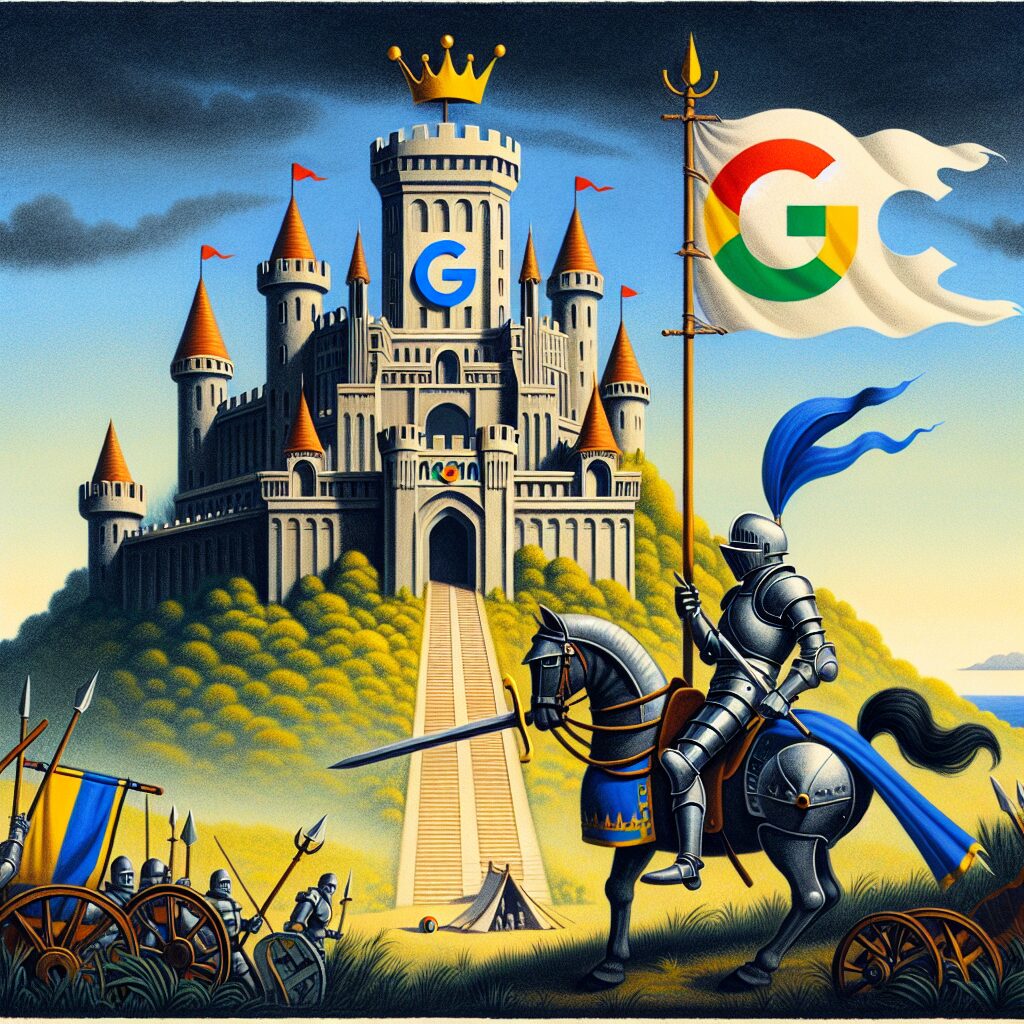Enter ChatGPT, a new kid on the block who is shaking things up in the search engine industry. Is it possible that Google, the reigning monarch of search engines, should be worried about this upstart? Having delved into both of these digital resources, I’m going to share my two cents.
From a user’s perspective, Google has been the go-to resource for any and all queries, displaying a plethora of links that could potentially hold the answer. However, this approach often feels like a treasure hunt, sifting through countless sources to find that one golden nugget of information. Enter the ChatGPT Search, a tool that aims to redefine our approach to online information retrieval. Instead of presenting a list of links, it provides a more conversational and direct answer to the user’s queries.
When I compared both tools, I found that for technical questions, both engines did a stellar job. However, when it came to more subjective inquiries, such as “How to make the best homemade pizza?” or “What’s the best way to learn Python?” ChatGPT offered more comprehensive, direct, and human-like responses. It’s like having a chat with a knowledgeable friend who’s always ready to help, as opposed to being handed a list of books to read and figure out the answers for yourself.
While Google does offer a ‘People also ask’ feature to help answer these more subjective queries, the responses often feel rigid and robotic. They lack the human touch and conversational depth that ChatGPT excels in. However, on the flip side, Google does offer more options to explore, providing a wider array of resources that could offer different perspectives.
In terms of reliability, Google undoubtedly holds the edge. With its robust algorithm and colossal database, Google’s responses are more likely to be accurate. However, the emergence of ChatGPT and its distinct approach to search, points to a shift in user preference towards more interactive and engaging methods of information retrieval.
So, should Google be worried? Well, not immediately. Google’s established dominance and reliability in the search market are not to be discounted. However, it would be shortsighted to ignore the potential of ChatGPT and similar tools. They are redefining the user experience, and if they continue to evolve, they could eventually pose a serious challenge to Google’s throne.
In the ever-evolving landscape of the digital world, the rise of ChatGPT reminds us of one thing: Complacency is the Achilles heel of innovation. Google, with all its might, cannot afford to rest on its laurels. As users, we can only wait and watch as this exciting new chapter in search technology unfolds.
